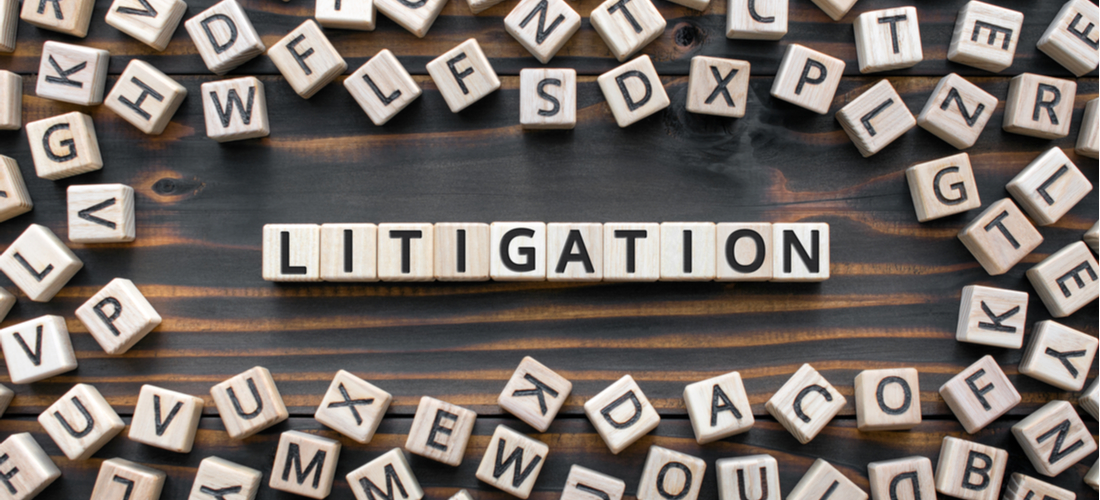Effective communication with clients during litigation is crucial for successful outcomes. Know the tips and strategies at Vakilsearch!
Introduction
Here you will find a comprehensive discussion on the significance of communication in the context of litigation. As legal professionals, we understand how vital it is to keep our clients informed, heard, and engaged throughout the entire legal journey. Effective communication with clients during litigation can make or break a case, and in this article, we will explore why it matters so much.
Let’s delve into the key elements that contribute to successful client communication during litigation.
Importance of Communication in Litigation
-
Clear and Timely Updates:
Communication should always be transparent and easy to understand. Clients need to know the progress of their case, any recent developments, and what to expect next. Timely updates help alleviate anxiety and build trust between attorneys and their clients. Remember, clarity is key.
-
Active Listening and Empathy:
Understanding your client’s concerns and emotions is essential. Active listening and empathy create a supportive environment where clients feel valued and heard. Taking the time to listen to their worries and responding with empathy can go a long way in building a strong attorney-client relationship.
-
Setting Realistic Expectations:
It’s essential to manage your client’s expectations from the beginning. Explain the legal process in simple terms, highlighting potential challenges and possible outcomes. Being upfront about the uncertainties involved will prevent unrealistic expectations that could lead to dissatisfaction later on.
-
Two-Way Communication:
Communication should never be one-sided. Encourage clients to ask questions and voice their concerns freely. A collaborative approach fosters a sense of involvement and helps clients feel like active participants in their case, rather than passive observers.
Utilizing Various Communication Channels
Phone Calls:
Traditional yet effective, phone calls provide a personal touch and allow for real-time communication. Clients appreciate the opportunity to discuss their case directly with their attorney.
Emails:
Emails are valuable for sharing detailed updates, documents, and other essential information. They offer a written record of conversations, promoting clarity and accountability.
Video Conferencing:
In today’s digital age, video conferencing has become a go-to communication tool. It allows face-to-face interaction, even from a distance, and can be more engaging than mere phone calls.
Secure Client Portals:
Using secure online platforms, attorneys can share sensitive documents and information while ensuring confidentiality and data security.
Managing Difficult Conversations
Here are some tips on managing
Be Patient and Understanding:
Difficult conversations are inevitable, but maintaining composure and understanding is crucial. Keep in mind that clients may be going through a stressful time, and showing patience can help ease the tension.
Use Simple Language:
During challenging discussions, avoid using legal jargon that may confuse or overwhelm clients. Stick to clear and straightforward language that clients can easily grasp.
Offer Solutions:
When faced with complex issues, present possible solutions and guide your clients in making informed decisions. Empower them to be part of the problem-solving process.
How does effective communication with clients during litigation impact the outcome of a case?
Effective communication ensures clients stay informed, feel valued, and understand the legal process, leading to increased trust and confidence in their attorney. This collaboration often results in better cooperation, which positively impacts the outcome of the case.
What are some practical strategies for building trust and rapport with clients during the litigation process?
Building trust requires active listening, empathizing with clients' concerns, and being transparent about the legal process. Regularly providing updates and setting realistic expectations will foster a positive attorney-client relationship.
How can attorneys ensure confidentiality and security in their communication with clients during litigation?
Attorneys can use secure client portals and encrypted communication channels to safeguard sensitive information. Implementing strong data protection measures ensures client confidentiality throughout the legal proceedings.
What role does client involvement play in effective communication during litigation?
Client involvement is crucial in effective communication as it empowers them to be part of the decision-making process. Clients who feel heard and involved are more likely to collaborate with their attorney and actively contribute to their case's success.
Which communication channels should attorneys utilize to effectively engage with clients during litigation?
Attorneys can use a combination of phone calls, emails, video conferencing, and secure client portals. Each channel serves different purposes and allows attorneys to adapt their communication based on the client's preferences and needs.
Conclusion – Effective Communication with Clients During Litigation
Effective communication with the clients during litigation is the backbone of successful litigation. By providing clear and timely updates, listening, setting realistic expectations, and employing various communication channels, attorneys can build strong relationships with their clients and achieve positive outcomes in their cases.
Also, Read:

